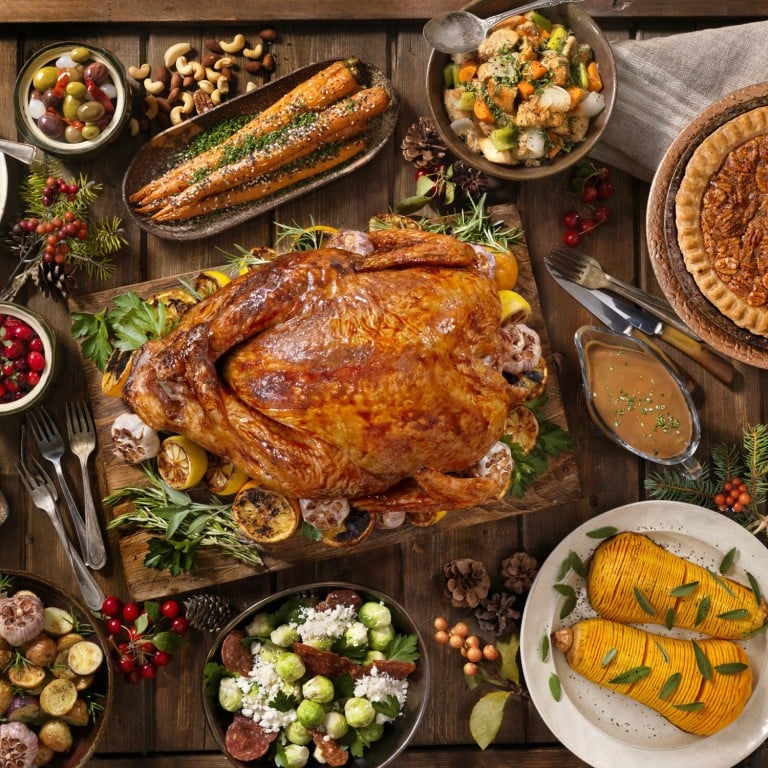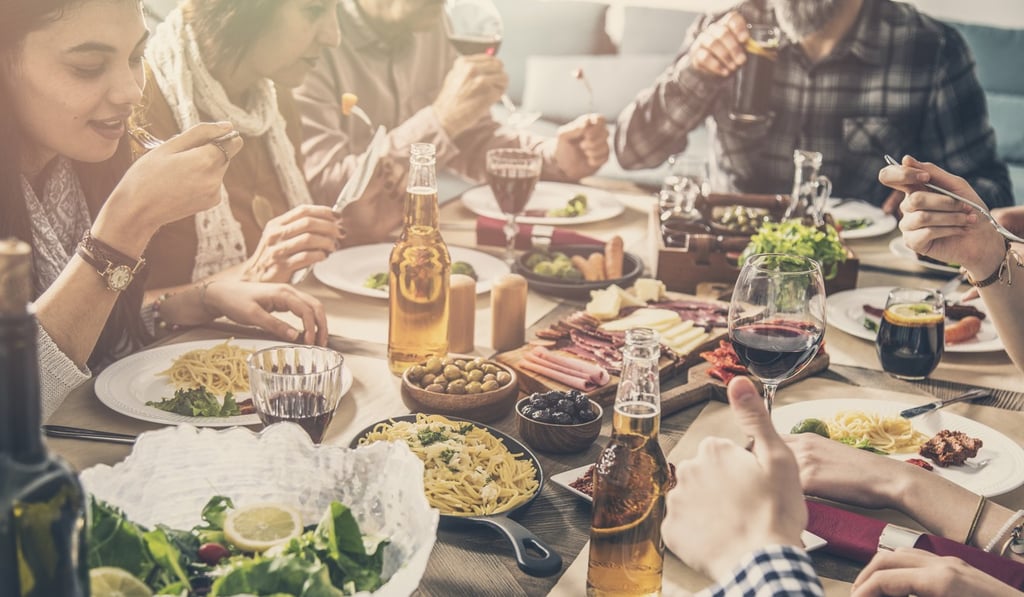5 ways to avoid eating your way into a food coma this festive season

Postprandial drowsiness, caused by overeating, can be overwhelming; here are some tips to help you steer clear of that need to take a nap after a meal
Have you ever wondered why you felt tired or wanted to nap after a holiday meal?
You would probably assume the combination of attending to festivities and the winter blues is causing the tiredness.
You are partially correct; the holiday season tends to put us into that relaxed state where we want to sleep in or take a nap.
However, eating a large meal is the primary cause of “food comas”. Also known as postprandial somnolence, food coma is our body’s physiological response to overeating.
You may blame yourself for eating too much turkey because you have heard that tryptophan is naturally present in it – an amino acid that produces serotonin, which consequently induces relaxation and sleepiness.
If turkey is to blame, then other protein-rich foods, such as meat, fish, eggs, dairy nuts and seeds, should be blamed, too.
The truth is, food comas are caused by overeating and ingesting too much carbohydrate-rich foods and drinks in one sitting.

As our body breaks down carbohydrates into its simplest form, glucose, for energy, this causes a spike in our blood glucose level.